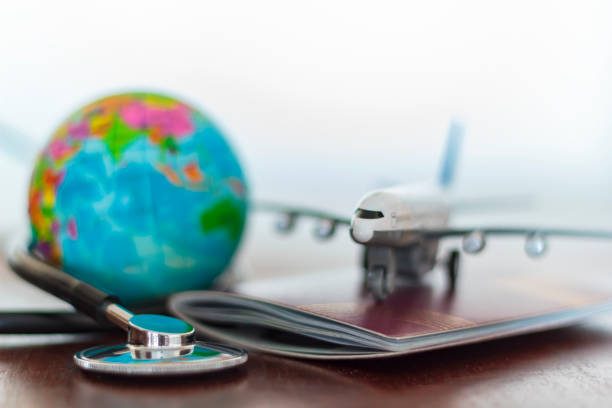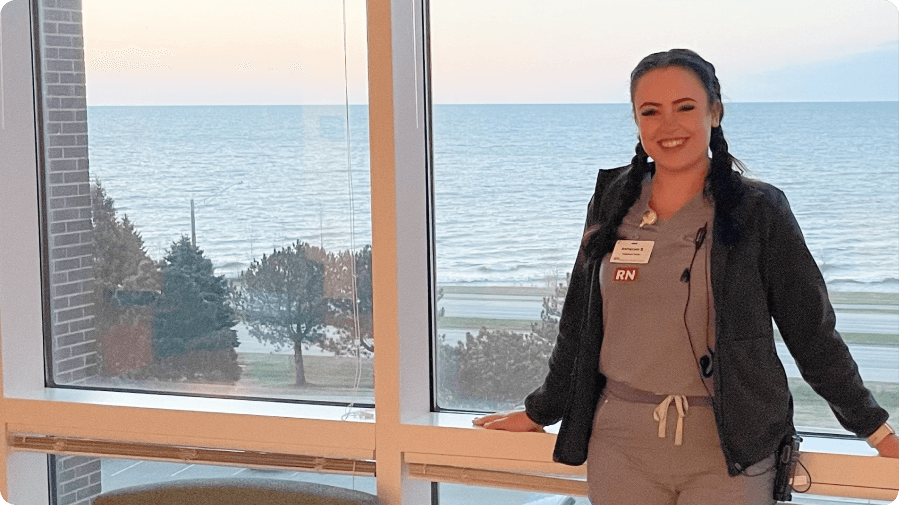Essential Healthcare Travel Planning and Safety Protocols
Successful healthcare travel requires meticulous planning that addresses both medical and logistical considerations. The foundation of safe medical tourism lies in thorough research and preparation, beginning with the selection of accredited healthcare facilities and board-certified physicians. Patients must verify that their chosen medical destination maintains international healthcare standards and offers comprehensive support services.
Pre-travel medical consultations play a vital role in ensuring patient safety and treatment success. These consultations should include comprehensive health assessments, discussion of treatment options, review of medical records, and establishment of communication protocols with the international medical team. Additionally, patients should secure appropriate travel insurance that covers medical tourism activities, including potential complications and emergency medical evacuation.
Post-treatment care coordination represents another critical aspect of healthcare travel planning. This includes arranging for adequate recovery time at the destination, establishing follow-up care protocols with both international and domestic healthcare providers, and ensuring proper medication management during travel. The integration of technology, such as telemedicine consultations and electronic health records sharing, has significantly enhanced the continuity of care for medical tourists.




